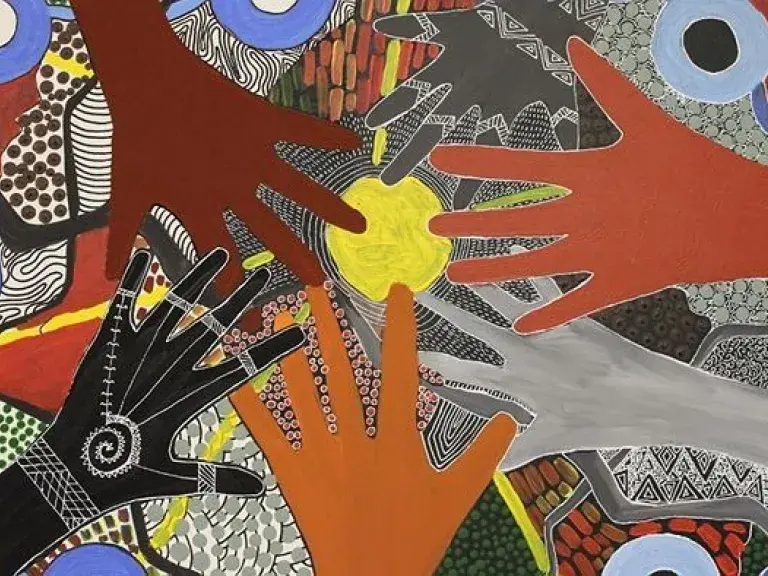
By Chris Foley
August 9, 2017 | Helena, Mont.
 In a season of reckless threats and racist and misogynistic rhetoric, of xenophobia and border walls, indigenous peoples’ rights are at risk, whether intended targets or not.
In a season of reckless threats and racist and misogynistic rhetoric, of xenophobia and border walls, indigenous peoples’ rights are at risk, whether intended targets or not.
Right now, the Senate is considering a budget that calls for $1.6 billion for “high-priority tactical infrastructure and border security technology.” This border wall that is envisioned by President Trump and U.S. lawmakers would cut across at least half a dozen Native American lands including Yuma, Apache, Yaqui, Pima, Kickapoo and Tohono O’odham.
What’s wrong with that? Many of the same issues that sparked international protest against the Dakota Access Pipeline last year--desecration of sacred sites, environmental degradation, and disregard for tribal sovereignty.
The Trump administration already has a track record for taking action first through Executive Orders and asking questions later. Today, crude oil from the Bakken oil patch is flowing to a distribution point in Illinois, directly through the only water source for the Standing Rock Sioux Tribe. A federal judge ruled in June that “the Army Corp of Engineers did not adequately consider the impacts of an oil spill on fishing rights, hunting rights, or environmental justice, or the degree to which the pipeline’s effects are likely to be highly controversial.” That may be enough for a temporary shutdown, but even short-term relief remains uncertain as the litigation continues.
Today, as we observe the International Day of the World’s Indigenous Peoples, August 9, the important point is that the work to protect indigenous peoples’ human rights and their rights to their lands and resources is far from over. We have made significant progress since the passage of the UN Declaration on the Rights of Indigenous Peoples in 2007, including the adoption of the American Declaration in 2016, but now we face our toughest challenges yet.
On this day we remind our world leaders that indigenous peoples have the right to exist as distinct peoples with their own cultures and languages; the right to be free from discrimination and forced assimilation; the right to their lands, territories and resources, and the right to self-determination and self-governance. The Indian Law Resource Center, along with our partners and friends, will continue to work on behalf of indigenous communities around the world to see that their rights are protected. Join us in this effort. Visit www.indianlaw.org.
